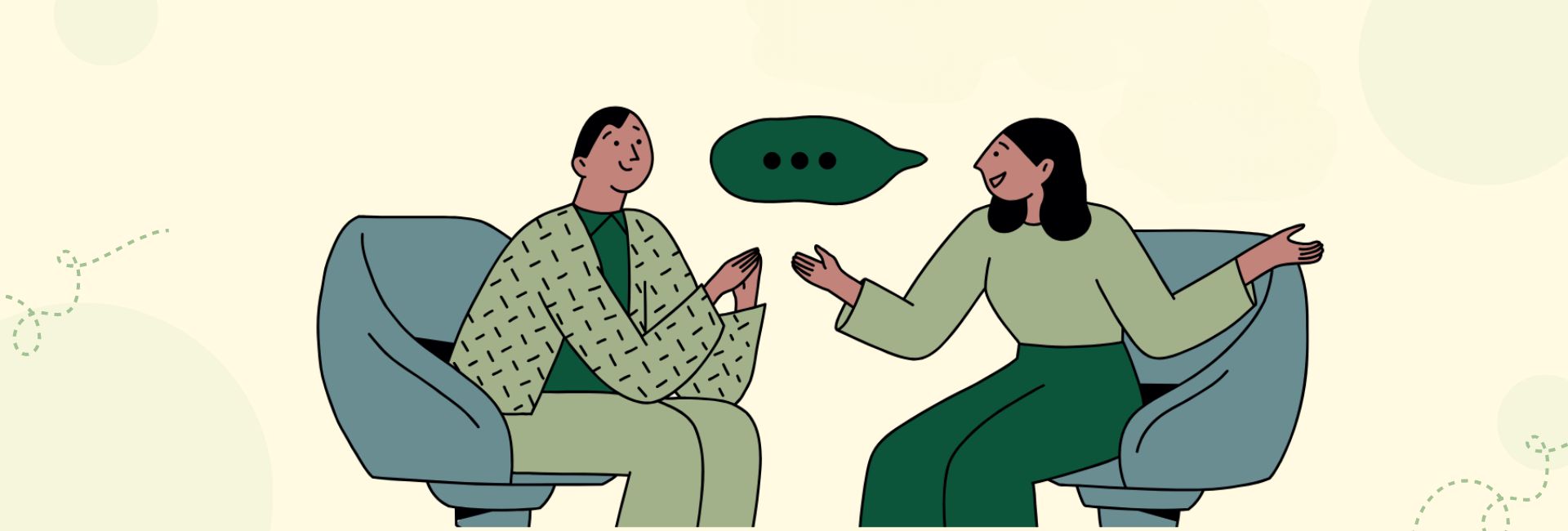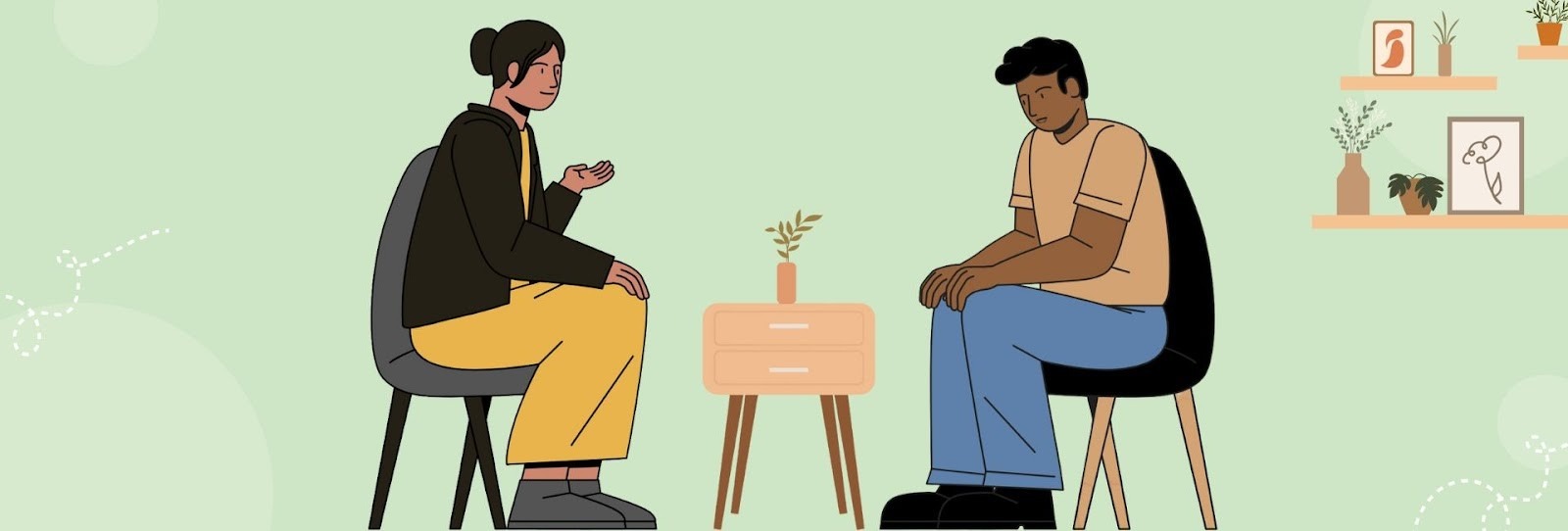Marriage occupies a significant position within Indian society, representing a sacred commitment that underpins familial and cultural structures. Families and marriages have been navigating significant transformations over the last decade, with many struggling to find a balance between traditional values and roles, and the needs of a modern capitalist society with working parents.
Furthermore, the marital bond in India extends beyond the couple to encompass their extended families and broader communities. Expectations placed upon spouses are deeply rooted in long standing traditions and cultural values, transcending mere individual relationships. This dynamic has brought up tensions within the institution of marriage, giving rise to a spectrum of new challenges and opportunities.
Counseling and psychotherapy services have emerged as pivotal resources for many couples and families grappling with interpersonal challenges. There is an increased focus on offering tailored interventions and support to navigate intricate relational dynamics in the modern Indian context.
1. Signs That You Might Benefit from Marriage Counselling
Here are the warning signs that you should look out for in your marriage that might indicate that you can benefit from marriage counselling:
I. Communication Breakdown
Healthy communication forms the bedrock of any strong marriage. However, Indian couples often struggle to open up, especially when it comes to expressing vulnerabilities. If you find it challenging to communicate your expectations, desires, or concerns with your partner, seeking the support of a marriage counselor can be beneficial.
In Indian society, there is often stigma attached to men showing emotional vulnerability, which can hinder open and honest dialogues between partners. Without a safe space to address misunderstandings, unresolved conflicts can strain trust within the relationship.
Marriage counselors provide a supportive environment for couples to enhance mutual understanding and bridge communication gaps that may lead to resentment when ignored. The therapist often acts as a mediator and helps the couple navigate conflicts and disagreements constructively in the session and outside.
II. Infidelity or Trust Issues
Infidelity represents a complex issue in Indian marriages with diverse cultural perceptions. What gets defined as inappropriate varies by gender, family status, or past expectations set by joint family structures. Working through the trauma of betrayal requires reconciling diverse views on accountability, and commitment.
Therapists play a crucial role in providing a safe and non-judgmental environment for clients to explore the wounds caused by infidelity. Therapists remain neutral guides in the process rather than imposing value judgments related to traditional or progressive beliefs. If you are dealing with the aftermath of your partner’s infidelity and are seeking to rebuild trust and salvage the relationship, marriage counseling can offer invaluable support in facilitating open communication and fostering reconciliation between partners.
III. Differences in Core Values and Beliefs
With India’s diverse religious and cultural tapestry, marriages must often bridge substantial differences in upbringing, values, and beliefs of both parents and their families. Most marriages in India end up having to overcome differences in rituals and ceremonies, food eating habits, and sometimes even linguistic dissimilarity. Even in arranged partnerships, where cultural backgrounds are better matched, alignment between values can diverge over time as individual growth shifts worldviews. Inter-caste or inter-religious marriages can add more nuance and complexity in navigating these cultural gaps within the family system.
When conflicts arise due to fundamental discrepancies in core values and beliefs, to the extent that they hinder the harmony of your marriage, it may be beneficial to consider seeking counseling services. These can become spaces that facilitate a mutual understanding and respect for each partner’s beliefs, and help them navigate complex dynamics within the relationship.
IV. Financial Stress and Disagreements
Economic instability or disparities in earning potential are common sources of marital tension, especially in cultures like India where open discussions about money are often taboo. In patriarchal families, this lack of communication can lead to men avoiding consulting their wives on financial matters, inadvertently isolating them instead of involving them in crucial decisions. Additionally, experiencing financial instability can increase the chronic stress all members of the family go through, and bring up tension, irritability, and conflict.
Marriage counselors can facilitate open and productive discussions about finances, helping couples navigate financial challenges and strengthen their relationship bonds. Moreover, addressing any reluctance to seek help due to feelings of pride or shame associated with not meeting traditional “provider” expectations can alleviate stress and benefit the overall well-being of the household.
V. Issues with In-Laws and Extended Families
Marriage in India is not just a union of two individuals; it is a merger of families, cultures, and traditions. In this intricate web of relationships, the role of in-laws and extended family members holds significant importance, often exerting a profound impact on the dynamics of marital life.
In many Indian households, especially in traditional setups, elders often play a dominant role in making major decisions affecting the couple’s life, such as financial matters, career choices, and even family planning. This can create friction if the couple’s wishes clash with familial expectations, leading to feelings of resentment and power struggles. Conflicts may arise over issues like gender roles, parenting styles, and religious practices, as couples try to balance their personal beliefs with familial expectations, especially when living in the same household. Additionally, there can be conflict around property inheritance, dowry-related issues, or unequal distribution of resources within the extended family which can erode marital harmony.
Marriage counselling can help both partners feel heard and understood by each other in this extended family system. It also helps enable couples to set mutual boundaries that look after their well-being while still respecting and being a part of these family systems.
2. Conclusion
We understand that getting professional support for your relationship is not always easy. It takes a lot of courage to confront challenges in the relationship and take the first step toward working on them with your partner.
At Untangle, our caring team of mental health professionals is committed to providing you with the support you need to make your relationship work.
Our team has extensive training and experience in psychotherapy and couples counselling. Here’s a little snippet about us and what we do here at Untangle.
Whether you are looking for online or in-person therapy sessions, we are your trusted partner on your journey towards marital healing.


